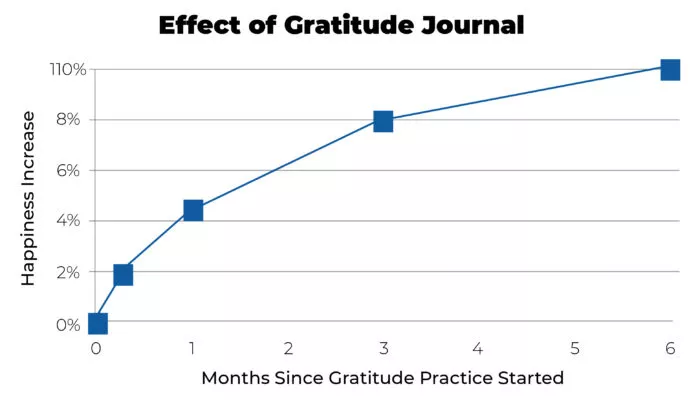Introduction
In recent years, gratitude has become a buzzword in pop psychology, with countless articles, books, and self-help programs advocating for its practice. However, it is more than just a fleeting trend; research consistently shows its profound impact on mental health, relationships, and overall well-being.

What Is Gratitude?
Gratitude is the appreciation of what is valuable and meaningful in one’s life. It is a recognition of the good things—both big and small—that contribute to one’s happiness. Psychologists often describe it as having two components-
- Acknowledging the good in one’s life.
- Recognizing that these good things often come from external sources, such as other people, nature, or a higher power (Emmons & McCullough, 2003).
The Science of Gratitude
Three ways to understand the science behind it includes-
1. Improves Mental Health
Studies show that practicing it can significantly enhance psychological well-being. A seminal study by Emmons and McCullough (2003) found that participants who wrote about things they were grateful for every week reported fewer symptoms of depression and greater overall happiness compared to those who focused on daily hassles or neutral events.

It works by shifting focus away from negative thoughts and fostering a sense of appreciation for positive experiences. Neuroscience research reveals that it activates the brain’s reward system, specifically the hypothalamus and the ventral tegmental area, promoting feelings of pleasure and contentment (Fox et al., 2015).
2. Enhances Relationships
Expressing its strengthens social bonds. When people feel appreciated, they are more likely to engage in prosocial behaviors, such as helping others or showing kindness. Research by Algoe et al. (2008) suggests that it acts as a “booster shot” for relationships, increasing feelings of connection and satisfaction among friends, family members, and romantic partners.
3. Boosts Physical Health
Grateful individuals often experience better physical health outcomes. A study by Mills et al. (2015) found that patients with heart failure who kept gratitude journals had improved sleep quality, reduced inflammation, and lower risk of disease progression. It may indirectly improve health by promoting positive behaviors, such as regular exercise, healthy eating, and stress reduction.
Read More- Gratitude Journal
How to Cultivate Gratitude
Four ways to cultivate it include-
- Journaling- Write down three things you’re thankful for each day. This simple practice has been shown to enhance happiness and reduce depressive symptoms (Emmons & McCullough, 2003).
- Gratitude Letters- Write a heartfelt letter to someone who has positively impacted your life. Even if you don’t send it, the act of writing fosters positive emotions (Seligman et al., 2005).
- Mindfulness Practices- Engage in mindfulness or meditation focused on it. Guided meditations can help you recognize and appreciate the positive aspects of your life.
- Daily Reflections- Take a moment before bed to reflect on something good that happened during the day, no matter how small. This habit reinforces a focus on the positive.

Conclusion
It is a simple yet transformative practice that can improve mental, emotional, and physical well-being. By actively cultivating thankfulness, individuals can foster deeper connections, greater happiness, and resilience in the face of adversity. In the words of William Arthur Ward, “Gratitude can transform common days into thanksgivings, turn routine jobs into joy, and change ordinary opportunities into blessings.”
References
Algoe, S. B., Gable, S. L., & Maisel, N. C. (2008). It’s the little things: Everyday gratitude as a booster shot for romantic relationships. Personal Relationships, 17(1), 217–233.
Emmons, R. A., & McCullough, M. E. (2003). Counting blessings versus burdens: An experimental investigation of gratitude and subjective well-being in daily life. Journal of Personality and Social Psychology, 84(2), 377–389.
Fox, G. R., Kaplan, J., Damasio, H., & Damasio, A. (2015). Neural correlates of gratitude. Frontiers in Psychology, 6, 1491.
Mills, P. J., Redwine, L., Wilson, K., et al. (2015). The role of gratitude in spiritual well-being in asymptomatic heart failure patients. Spirituality in Clinical Practice, 2(1), 5–17.
Seligman, M. E. P., Steen, T. A., Park, N., & Peterson, C. (2005). Positive psychology progress: Empirical validation of interventions. American Psychologist, 60(5), 410–421.
Subscribe to PsychUniverse
Get the latest updates and insights.
Join 3,042 other subscribers!
Niwlikar, B. A. (2025, January 22). Power of Gratitude and 4 Important Ways to Cultivate It. PsychUniverse. https://psychuniverse.com/gratitude/



